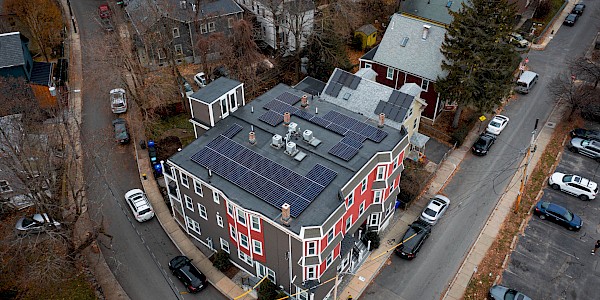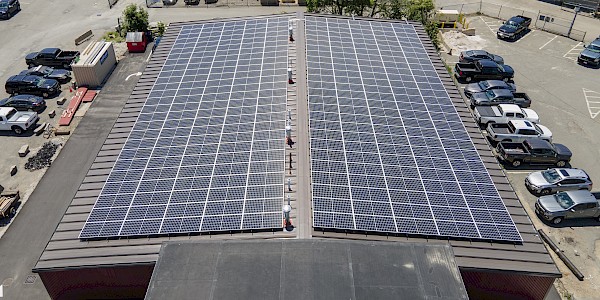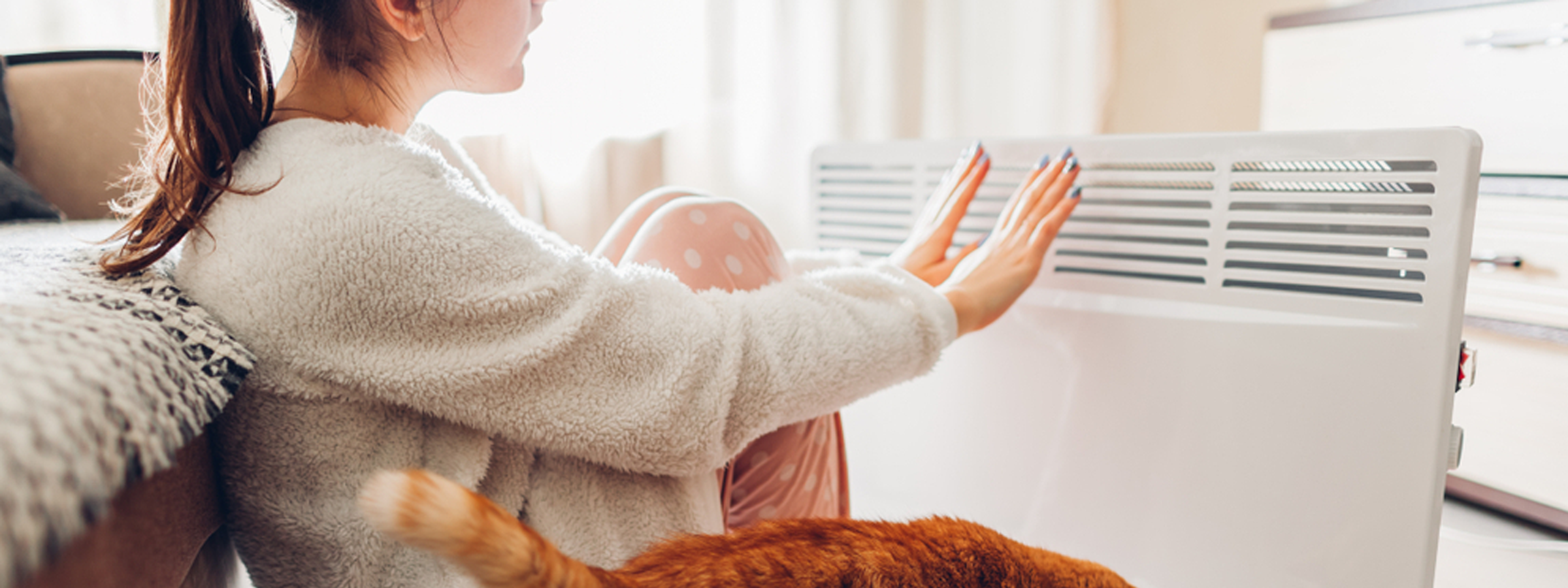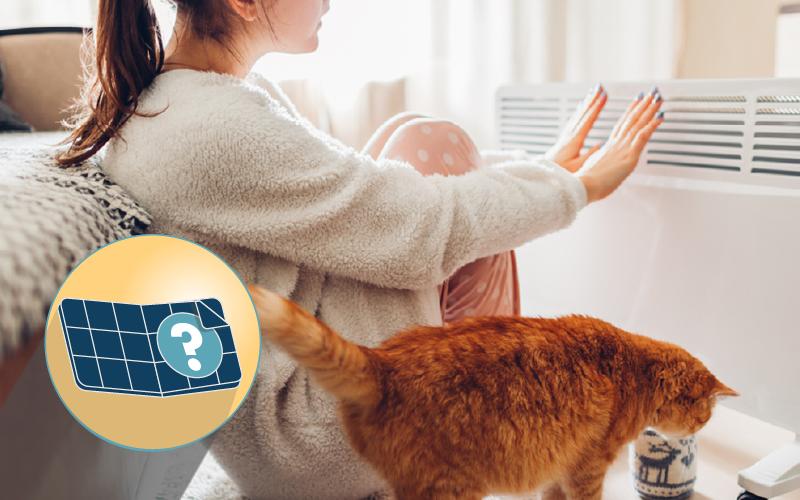What Uses the Most Electricity in My Home?
Oct. 15, 2020
Understanding how the appliances and devices in your home use energy is the first step in reducing your energy consumption, and thus your energy costs. So if you have begun your journey learning how to increase your home’s energy efficiency, you’ve come to the right place! Let’s take a look at the most energy efficient appliances, and their counterparts.
What is “Heating Up” Your Energy Bill?
Finding the exact appliance in a home that uses the most energy will vary depending on manufacturer and model, as well as the habits of each homeowner. However, with a little knowledge of the most common offenders, you can approximate your own home energy usage based on the needs and habits of you and your family.
Heating and Cooling Equipment
The EPA estimates that space heating accounts for 42% of energy use in U.S. homes, and air conditioning accounts for up to 12%. Though fossil-fuel-based boilers and furnaces are most common here in the New England climate, electric heating like portable space heaters are huge energy wasters.
And when the muggy summer arrives, window air conditioners or old efficient central AC units will keep your home comfortable, at a high cost.
The Fix: If you are looking to reduce the energy consumption associated with keeping your home comfortable, it is important to reduce energy loss through your home’s construction by properly insulating and air sealing it. Consider getting a no Cost Home Energy Assessment through the Mass Save program, with our partners, Mass Energy Experts.
From there, you can upgrade to ENERGY STAR certified heating and cooling equipment, or consider a system of extremely energy-efficient and versatile ductless mini splits.
Water Heater, Washer, and Dryer
The air in your home isn’t the only thing that requires electricity-sucking heat. The appliances that use water need some heating power as well! An electric resistance water heater, a clothes washer, and dryer all account for an estimated 27% of electricity usage in a typical home.
The Fix: Turn down the temperature on your water heater to 120ºF, which can save between 4% and 22% on energy costs, annually. Or, upgrade to ENERGY STAR certified water heaters, washers, and dryers.
Kitchen Appliances
The kitchen still accounts for a large portion of the energy use in a home, even though you may use it less than your HVAC or laundry appliances. If you have noticed, many of the appliances that use the most energy involve creating heat, and your oven does just that. If your oven utilizes electric resistance instead of burning a fossil fuel, like natural gas, it can account for 3%-4%, the refrigerator adds another 4%, and the dishwasher adds another 2%.
The Fix: There are a few ways to reduce the energy usage of your kitchen, like turning up the temperature of your refrigerator, and air drying your dishes. But the most effective is to replace outdated kitchen appliances with ENERGY STAR certified, energy efficient equipment.
Do Older Appliances Use More Energy?
In short, yes, they do. Just like the solar industry, advances in technology and manufacturing have made the HVAC, kitchen, and household energy consuming appliances much more efficient than in years past. If you are looking for the most effective home energy efficiency upgrades before you go solar, upgrading the aforementioned appliances is the best place to start.
Reducing Energy Use Can Reduce Solar Installation Costs
Here at Boston Solar, we have been helping homeowners reduce their carbon footprint and their energy bills for a decade. And though we may want to see solar panels on as many homes as possible, we never want to sell you a solar PV system that is larger, or more expensive than necessary based on your energy consumption.
By upgrading your home’s energy efficiency today, you can reduce the amount of solar panels required to keep your home running on renewable energy, tomorrow!
Wondering how many solar panels your home will need to save on your energy costs? Schedule a free solar quote with Boston Solar, today. Call 617-858-1645 or get in touch here.




